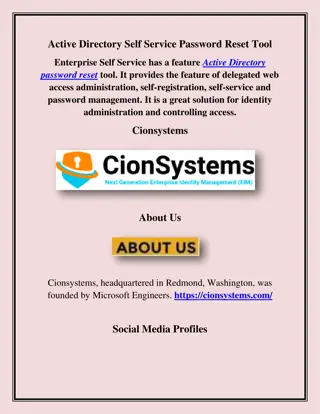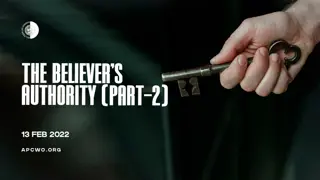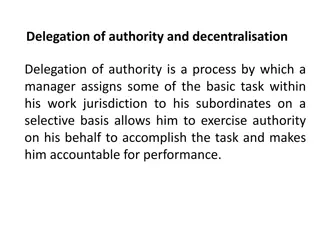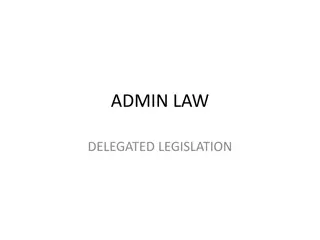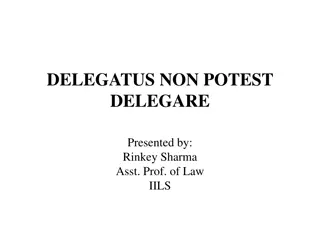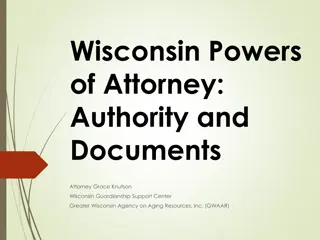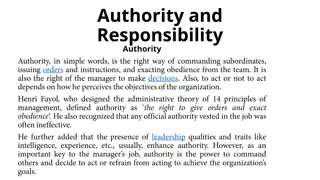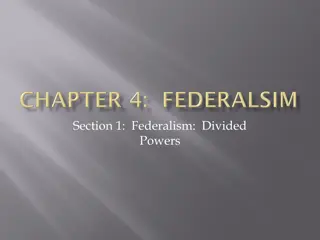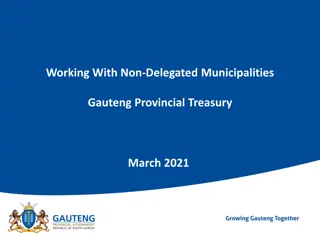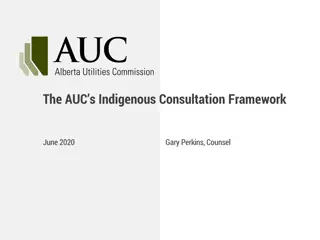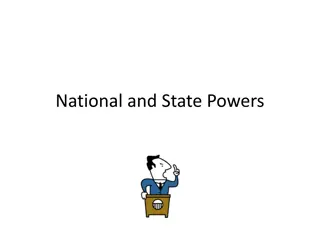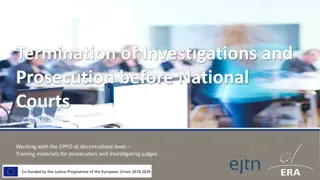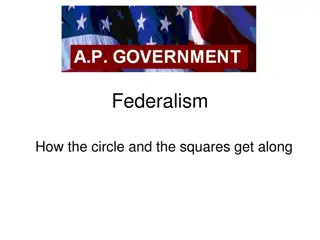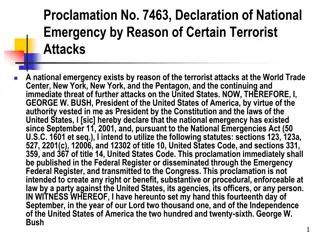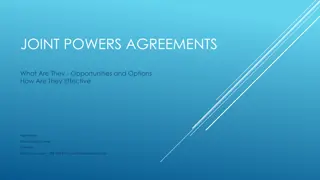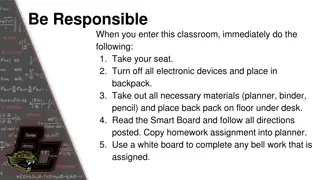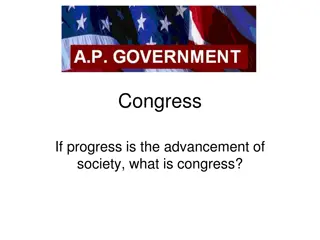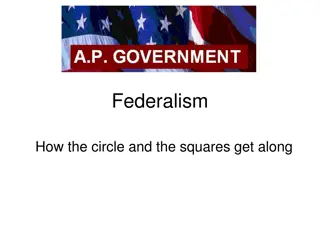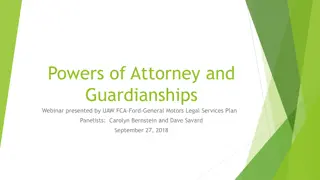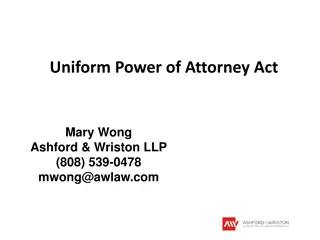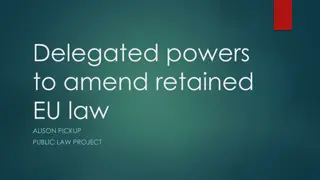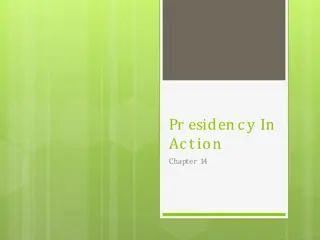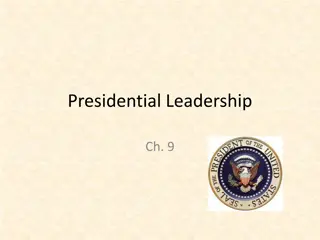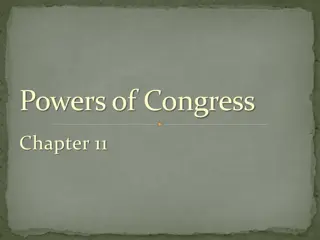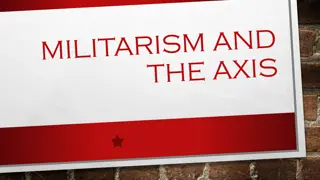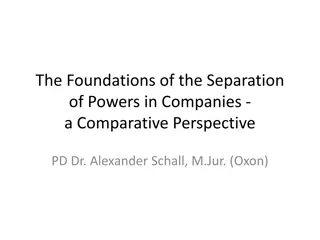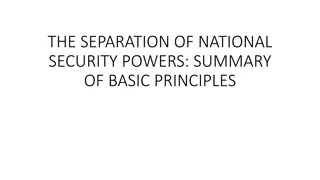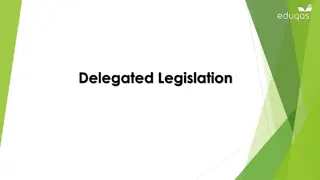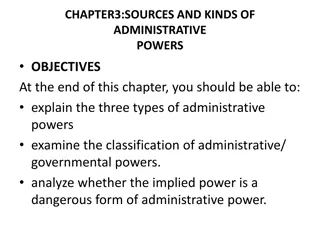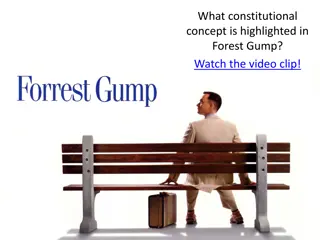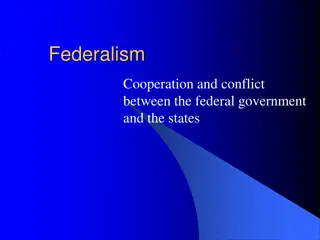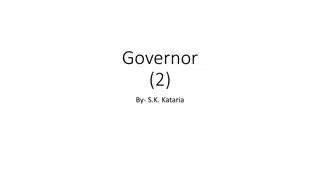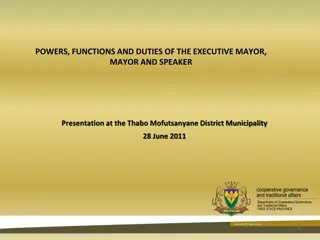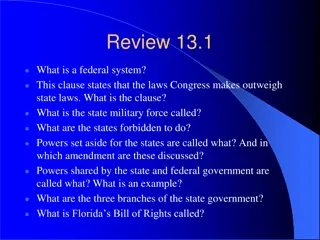READ⚡[PDF]✔ Emerging Space Powers: The New Space Programs of Asia, the Middle Ea
\"COPY LINK HERE ; https:\/\/getpdf.readbooks.link\/B004NNUV54\n\n[READ DOWNLOAD] Emerging Space Powers: The New Space Programs of Asia, the Middle East and South-America (Springer Praxis Books) | Emerging Space Powers: The New Space Programs of Asia, the Middle East and South-America (Springer Pra
1 views • 6 slides
Active Directory Self Service Password Reset Tool, cionsystems
It provides the feature of delegated web access administration, self-registration, self-service and password management. \/\/rb.gy\/1tjfv5
2 views • 2 slides
Pharmacist Training Reform for 2025/26: Key Facts and Implementation Update
The reform in the Initial Education and Training of Pharmacists (IETP) for 2025/26 includes new standards, enhanced clinical capabilities, and independent prescribing requirements. The National Recruitment Scheme (NRS) is pivotal for quality management, with all trainee pharmacists recruited through
0 views • 28 slides
MISS DURGAPUR 2024 WINNER SREEPARNA RAI
Sreeparna Rai, a title that resounds with elegance, ability, and assurance, has as of late been delegated as the champ from Durgapur for Miss India 2024, an honor that is a confirmation of her difficult work and devotion. Chosen by the prestigious DK
1 views • 6 slides
Five Dimensions to Our Spiritual Authority
Explore the five dimensions of spiritual authority - Redemptive, Inherited, Positional, Delegated, and Empowered authority - outlined in the context of Christ's triumph and our identity as children and heirs of God. Scriptures from Romans 8:16-17 and Galatians 4:6-7 emphasize our position as joint h
0 views • 20 slides
Understanding Police Powers on the Street Webinar
Explore the powers and procedures of police officers on the street in this informative webinar featuring Sophie Leaver, a Police and Administrative Law Solicitor from Redfern Legal Centre. Topics covered include where police derive their powers, identity requests, personal searches, complaints proce
4 views • 44 slides
Understanding Delegation of Authority in Management
Delegation of authority in management is a crucial process where managers assign tasks to subordinates, allowing them to exercise authority on their behalf. Louis A. Allen defined authority as the rights entrusted to a position holder to enable task performance. Effective delegation involves element
0 views • 13 slides
Understanding Delegated Legislation in Admin Law
Explore the significance of delegated legislation in government affairs, its interrelation with separation of powers, and the delegation of legislative, executive, and judicial powers. Learn about the definition, validity, hierarchy, and importance of delegated legislation through real-world example
0 views • 12 slides
Understanding Delegatus Non Potest Delegare in Legal Context
Delegatus non potest delegare, a Latin maxim, signifies that a person delegated with authority cannot further delegate it unless explicitly authorized. This principle is fundamental in administrative and agency law, ensuring trust and accountability in decision-making processes. The maxim was illust
1 views • 8 slides
Understanding Wisconsin Powers of Attorney: Core Concepts and Types
Explore the essential concepts of powers of attorney in Wisconsin, including self-determination, legal documentation, next of kin laws, and types such as health care and finance powers. Learn about the authority granted to agents and the implications of durable power of attorney.
0 views • 51 slides
Understanding Authority and Responsibility in Organizational Dynamics
Authority and responsibility are key elements in organizational structures. Authority represents the legal right of a superior to command subordinates, often delegated down the hierarchy. Responsibility, on the other hand, is the obligation of a subordinate to perform assigned tasks without delegati
0 views • 5 slides
Enhancing Nursing Delegation Through Technology: A Pilot Project
This presentation discusses the importance of delegation in nursing, introduces a pilot project involving a software-based delegation system, identifies the problem of lack of knowledge around RN delegation, outlines a change model, presents a PICO question on the impact of delegation tools on patie
0 views • 20 slides
Understanding Federalism: Divided Powers and Constitutional Framework
Federalism is a system where powers are divided between a central government and regional entities. It involves delegated, reserved, exclusive, and concurrent powers outlined in the Constitution. The supremacy of the Constitution is pivotal in establishing a unified federal government.
0 views • 5 slides
Challenges and Engagements in Working with Non-Delegated Municipalities in Gauteng
This report discusses the challenges faced by Gauteng Provincial Treasury in overseeing non-delegated municipalities like City of Johannesburg and City of Tshwane. While there are existing working relationships and engagements with National Treasury for support and monitoring, there are still comple
0 views • 5 slides
Overview of AUC's Indigenous Consultation Framework
The document provides insights into the Alberta Utilities Commission (AUC) role in Indigenous consultation, highlighting the statutory basis and responsibilities in the consultation process. It references legal precedents and court decisions guiding the AUC's engagement with constitutionally-protect
0 views • 22 slides
Understanding National and State Powers in the United States
The Constitution grants specific powers to the national government, including expressed, implied, and inherent powers. States have reserved powers, and there are concurrent powers shared by both levels of government. The Supremacy Clause ensures that national laws take precedence over state laws. Ex
0 views • 13 slides
Procedures for Concluding EPPO Investigations and Prosecutions
Explore the termination procedures in EPPO investigations before national courts, including bringing cases to judgment, dismissal, simplified prosecution, and referral. Learn about the decision-making processes, prosecution before national courts, and the powers of European Delegated Prosecutors. In
1 views • 19 slides
Understanding Federalism in the United States
Federalism in the United States involves the relationship between the federal government and state governments, with terms such as delegated powers, reserved powers, concurrent powers, and the Elastic Clause playing key roles. The aftermath of events like Hurricane Katrina and policies such as No Ch
0 views • 30 slides
Understanding National Emergency Declarations and Emergency Powers Laws
This content delves into the legal aspects of national emergency declarations, emergency powers laws, and judicial review of emergency declarations. It covers the purpose, termination, historical context, congressional oversight, and impact on presidential powers. It also explores the complexities o
0 views • 6 slides
Understanding Joint Powers Agreements: Opportunities, Options, and Effectiveness
Joint Powers Agreements (JPAs) enable public agencies to collaborate efficiently, providing services and facilities in line with various factors. Idaho Code outlines the purposes, definitions, and powers that can be jointly exercised. This legal framework facilitates cooperation among entities, alth
0 views • 34 slides
Classroom Guidelines for Lesson on Properties of Exponents
Follow the classroom guidelines for this lesson on Properties of Exponents. Learn about the rules of exponents, how to simplify expressions, and complete bell work matching equations with properties. Homework includes worksheets on horse-breeding and dog eating table scraps. Understand product, quot
0 views • 10 slides
Understanding the Role and Structure of Congress in the US Government
Congress, as the legislative branch of the US government, plays a vital role in advancing society by making laws and representing the interests of the American people. Founded with intentions to balance powers and represent states of different sizes, Congress is divided into the House of Representat
0 views • 32 slides
Understanding Federalism: Powers, Relationships, and Key Terms
Explore the concept of Federalism through the relationship between the federal government (circle) and state governments (squares). Discover the powers involved such as Delegated, Reserved, Concurrent, and Prohibited powers. Delve into significant cases like McCulloch v. Maryland, terms like the Ela
0 views • 28 slides
Understanding Powers of Attorney and Guardianships Presentation
This presentation covers important aspects of Powers of Attorney and Guardianships, including types of powers of attorneys, when they are needed, who should be given power of attorney, responsibilities if named as an attorney, and considerations regarding revocation. It also discusses the need for g
0 views • 11 slides
Understanding the Uniform Power of Attorney Act and Hawaii Act 22
Explore the significance of the Uniform Power of Attorney Act and Hawaii Act 22 regarding Powers of Attorney, termination of agent's authority, general powers granted, and more. Learn about the legal document granting authority to act on behalf of a principal and the termination clauses that may be
0 views • 22 slides
Delegated Powers to Amend Retained EU Law by Alison Pickup
The UK's decision to leave the EU was driven by a desire for sovereignty and control of its laws. The Great Repeal Bill aimed to smoothly transition EU laws into domestic legislation while providing the government with powers to address deficiencies in retained EU law post-Brexit. The bill includes
0 views • 14 slides
Understanding Presidential Powers in the United States
The content discusses various powers of the President of the United States, including oath of office, executive orders, appointment power, removal power, diplomatic and military powers, treaties and agreements, commander-in-chief role, and legislative and judicial powers. It covers aspects like maki
0 views • 12 slides
Powers of Congress: Legislative, Implied, and Congressional Powers Explained
Explore the various powers of Congress, including legislative powers such as enumerated and implied powers, as well as congressional powers like regulating commerce and funding the government through taxes. Discover how Congress exercises authority granted by the Constitution to fulfill its roles an
0 views • 23 slides
Understanding Presidential Powers and Leadership in the U.S.
The Constitution lays a broad framework for presidential powers, with inherent powers being claimed by presidents outside the Constitution. Informal sources of power, such as executive privilege, also play a role. Modern presidents use mass media to build support for their ideas but face limitations
0 views • 21 slides
Powers of Congress and Constitutional Framework
The powers of Congress in the United States are shaped and limited by two fundamental facts: limited government and a federal system. The Constitution grants Congress powers through expressed, implied, and inherent powers. The Congressional view of power varies between strict constructionists and li
0 views • 25 slides
The Formation and Goals of the Axis Powers in World War II
The Axis Powers, composed of Italy, Japan, and Germany, were established to challenge the existing European order and expand their influence. Through alliances and shared military ambitions, they aimed to dominate different regions of the world during World War II, with Germany targeting Europe, Ita
0 views • 8 slides
The Foundations of the Separation of Powers in Companies
The separation of powers in companies is based on the dualism of organs: the Board and General Meeting. The actual situation in companies diverges between large public companies with autonomous management and smaller private companies with owner-operators. The search for the foundations of the separ
0 views • 15 slides
Understanding the Separation of National Security Powers
The separation of national security powers involves the formalist view where Congress makes laws, the Executive executes them, and the courts interpret them. The branches' powers are often blurred, with Congress able to delegate lawmaking power to the Executive. The Executive can also acquire custom
0 views • 8 slides
Understanding Delegated Legislation: Powers, Controls, and Mechanisms
Explore the concept of delegated legislation, how powers are delegated, the need for checks and controls, mechanisms for oversight, and effectiveness in preventing misuse. Learn about Public General Bills, Private Bills, Green/White Papers, and the stages from Bill to Law. Understand the significanc
0 views • 20 slides
Understanding Administrative Powers and Objectives
Explore the sources and types of administrative powers, including express, implied, and incidental powers. Delve into the classification of governmental powers and evaluate the implications of implied powers. Gain insights into how constitutional provisions and delegated legislation contribute to th
0 views • 16 slides
Understanding Federalism in the US Constitution
Forest Gump showcases the conflict between state and federal powers, exemplified by Governor George Wallace's refusal to desegregate the University of Alabama. The scenario underscores the concept of federalism, which isn't explicitly stated in the Constitution but is evident in the division of powe
0 views • 18 slides
Understanding Federalism: Cooperation and Conflict Between Governments
Federalism entails the division and sharing of powers between national and state governments, aiming for cooperative problem-solving. James Madison highlighted the need for checks and balances to control government abuse. The Constitution delegates specific powers to the national government while al
0 views • 9 slides
Role and Powers of a State Governor in India
The Constitution of India outlines the executive powers and duties of a State Governor, including the ability to grant pardons, reprieves, and make orders on behalf of the government. The Governor is advised by a Council of Ministers led by the Chief Minister, with certain functions requiring the Go
0 views • 9 slides
Powers, Functions, and Duties of Executive Mayor, Mayor, and Speaker
Statutory powers, functions, and duties of the executive mayor, mayor, and speaker entail receiving reports, identifying municipality needs, recommending strategies, evaluating progress, overseeing service provision, and involving communities in municipal affairs. Delegation of powers, reporting to
0 views • 73 slides
Overview of State Government and State Legislatures in Florida
A federal system is a political framework where power is divided between a central government and individual states. In this system, laws created by Congress take precedence over state laws. The supremacy clause enforces this hierarchy. States are prohibited from actions like declaring war or mintin
0 views • 12 slides
![READ⚡[PDF]✔ Emerging Space Powers: The New Space Programs of Asia, the Middle Ea](/thumb/21554/read-pdf-emerging-space-powers-the-new-space-programs-of-asia-the-middle-ea.jpg)
